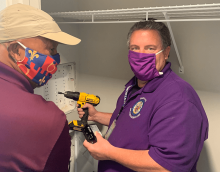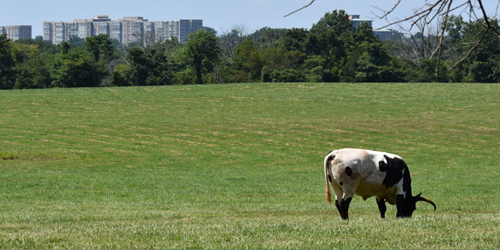Starlink, Caps, and Consumer Concerns - Episode 621 of the Community Broadband Bits Podcast

In this episode of the podcast, Christopher Mitchell is joined by freelance reporter Karl Bode to discuss pressing broadband issues, including the practicality and limitations of Starlink for rural areas, challenges with current broadband policy, and the ongoing efforts to ensure affordable access.
They explore the impact of recent political discussions on broadband funding, misunderstandings around satellite Internet’s role in rural connectivity, and why affordability remains a crucial barrier. They also delve into FCC initiatives, such as the investigation of data caps and new broadband “nutrition labels,” aimed at transparency in pricing and services.
Their conversation underscores the importance of consumer-centric policies and the need for regulatory action to break monopolistic control in the broadband market.
This show is 42 minutes long and can be played on this page or via Apple Podcasts or the tool of your choice using this feed.
Transcript below.
We want your feedback and suggestions for the show-please e-mail us or leave a comment below.
Listen to other episodes or view all episodes in our index. See other podcasts from the Institute for Local Self-Reliance.
Thanks to Arne Huseby for the music. The song is Warm Duck Shuffle and is licensed under a Creative Commons Attribution (3.0) license



